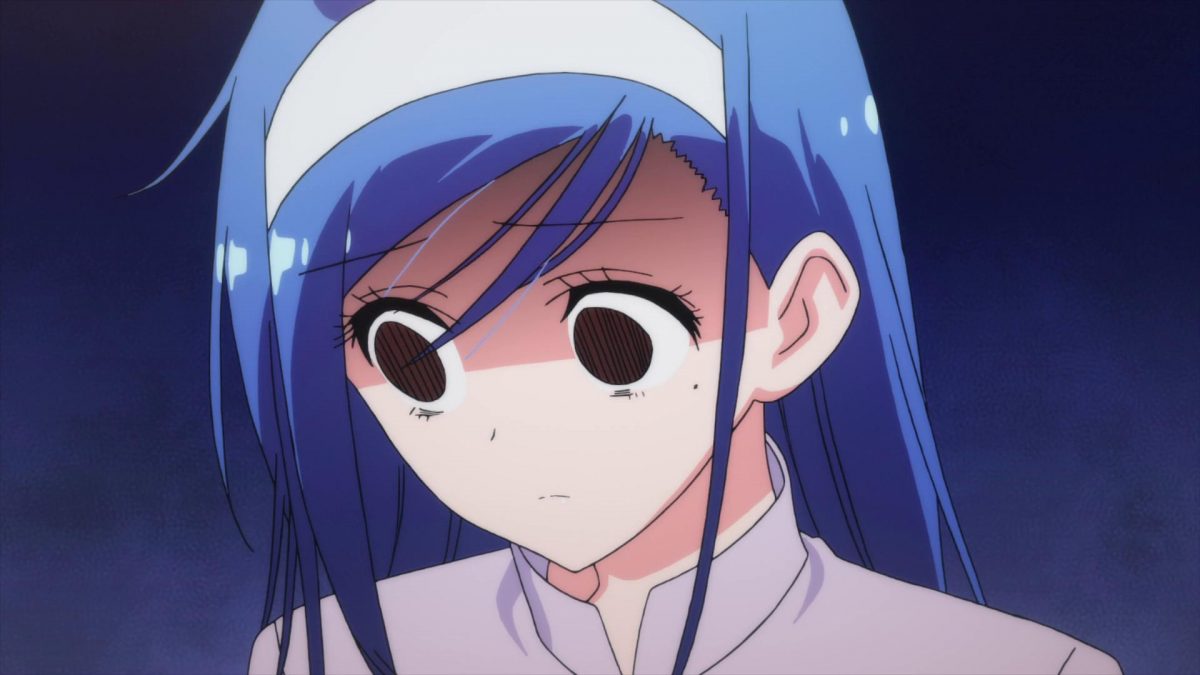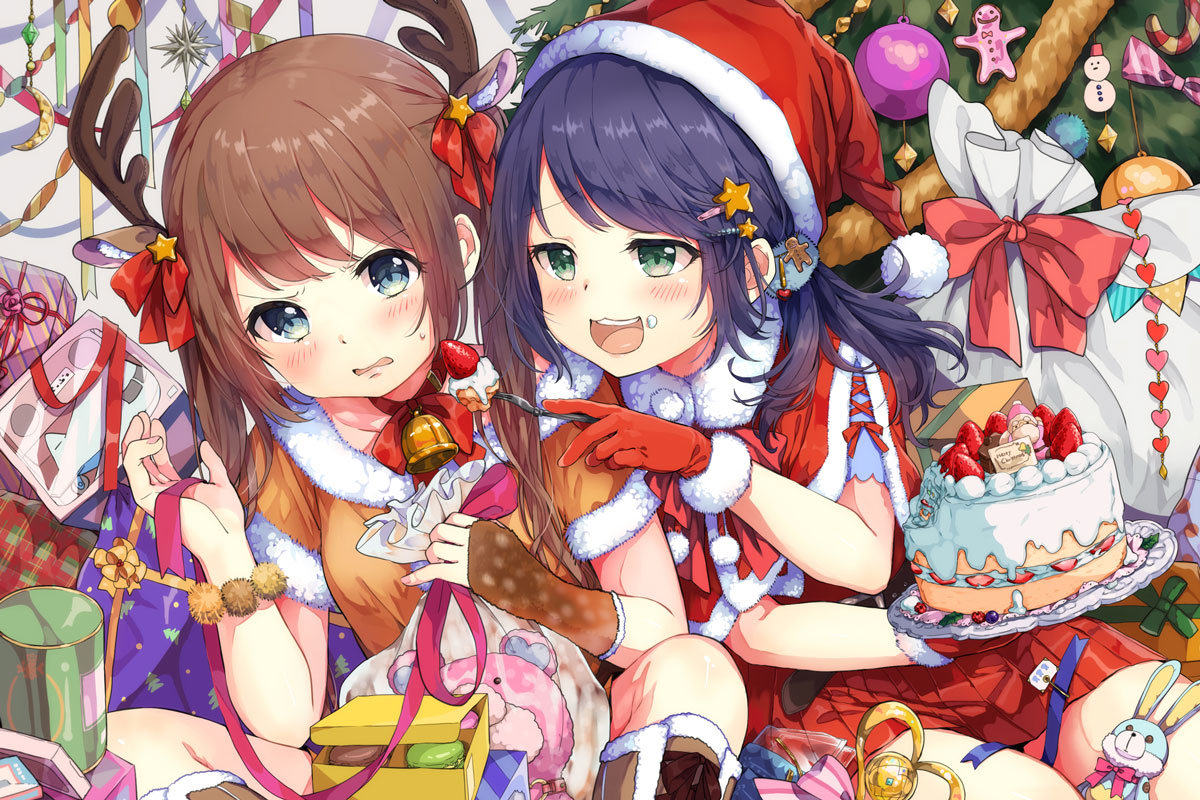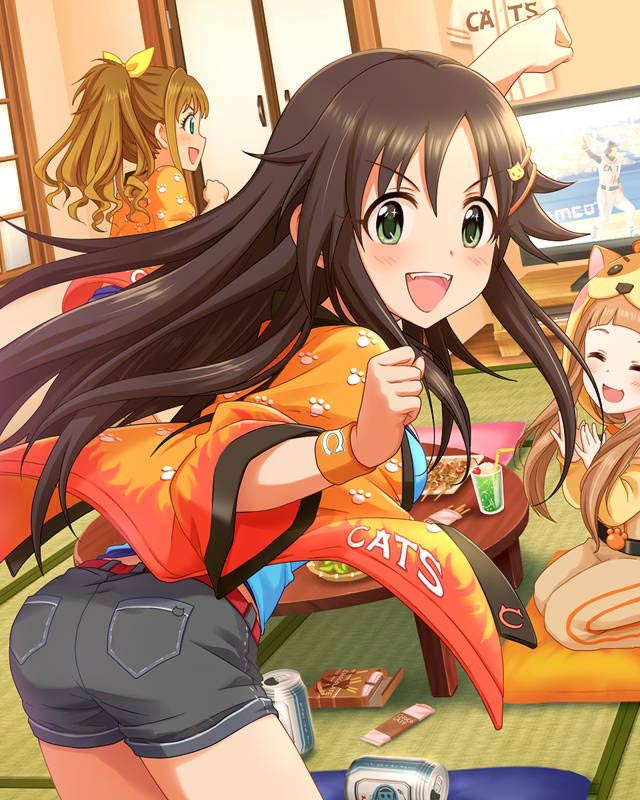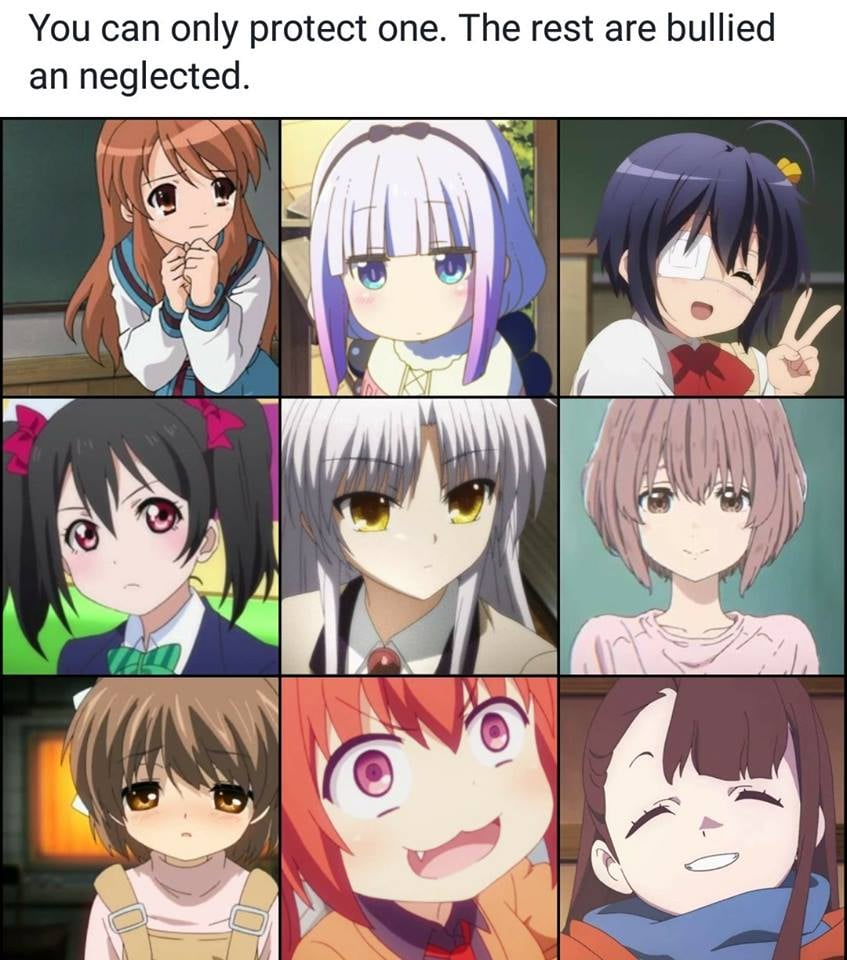Well, our fun time in New York is at an end, and now it’s time to head back to San Diego, which is a far less Christmassy place to be, all things considered. I have many memories of this convention, although my favorite was no doubt being surrounded by Domo-kun booth babes. It was a lot of fun, spending so much time in this amazing city, and I’ll never look at New York quite the same way after this trip…
Japan is a mix of traditions taken in from different periods of time, and you can see this when studying the religions of the country. The original religion of Japan is Shinto, written with the characters kami (gods or spirits) and way or road, making it similar to other “the way of” words like shodo (writing + way = calligraphy), sado (tea + way = tea ceremony) or the martial art judo (flexibility + way). Shinto essentially finds kami, or spirits, in things like mountains, trees and rocks, making it seem very much to me like a Native American belief with its strong basis in nature. In the sixth century Buddhism was introduced into the country, and amazingly the two religions generally learned to treat each as an aspect of the other, allowing for much less conflict than you’d expect. Now, the various sects of Buddhism (which are as confusing to me as understanding the nuances of the Protestant churches are for my wife) are by far the most important religious tradition in Japan, and most families will surround themselves with Buddhist traditions even as they visit Shinto shrines on January 1st to pray for good luck in the New Year, or get married in Western weddings in beautiful churches.
One of the most famous everyday symbols of Buddhism in Japan is the butsudan, or household Buddhist Altar, which nearly every head-of-family household will maintain, unless they specifically identify with another religion. As far as I’ve been able to tell, Japanese Buddhism is primarily about respecting and remembering your ancestors, since (as my wife has told me), without your ancestors, you certainly wouldn’t be here. Every morning my mother-in-law wakes up and makes an offering to her mother and father, by ringing a bell and burning a stick of incense for them. I’ve always thought that the absolute knowledge that you’ll be remembered and loved by those you leave behind is one of the most comforting aspects of Japanese-style Buddhism. A butsudan is only maintained by the head of a household, the father or oldest son in a family, and if, say, a family has five children who move into homes of their own, they won’t keep one but will return to their parents home on special events like the O-Bon holidays in the summer. A Buddhist altar is quite complex, filled with tablets on which are inscribed the names of your ancestors and an image of Buddha meditating, along with various other symbolic images. If you asked me what the most bizarre thing I’ve seen since coming to Japan is, I’d have to answer opening the newspaper and seeing an ad from a Buddhist altar store advertising a big sale on all the latest butsudan and grave stones. Wacky!
It’s always fun to see what natural coincidences occur between languages. A Swedish friend of mine who’s married to an Indian woman mentioned that the word for “no” in both Swedish and Hindi happened to be the exact same. This happens between Japanese and English, for example in the word “so” which has the exact same meaning in both languages (so desu ka? = is that so?). You probably known that “thank you” in Japanese is arigato, which sounds suspiciously like the same word in Portuguese, obrigado, although the Japanese word was in use before the Portuguese came to the country, making them unrelated. Most adjectives in Japanese end in an –i (“ee”) sound, such as takai (high, expensive), yasui (cheap) or tsuyoi (strong), which is odd since many adjectives in English end in the same sound, like friendly, early or heavy. For the linguistically minded out there, these are known as false cognates, an accidental matching up of languages which seems related but which are totally separate in background.















